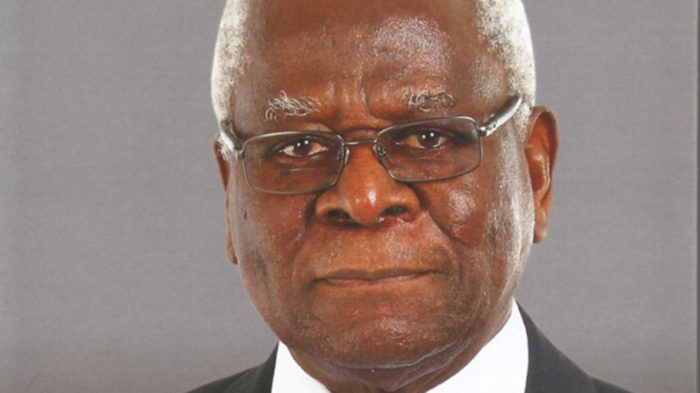
Professor Emeritus Ayo Banjo, former Vice-Chancellor of the University of Ibadan (UI), has passed away at the age of 90. He died in the early hours of Friday, May 24, 2024, just three weeks after celebrating his 90th birthday.
Professor Banjo was a distinguished academic and the longest-serving Vice-Chancellor of UI, holding the position from 1984 to 1991. He was also an Emeritus Professor of English and served as the Pro-Chancellor of Ajayi Crowther University, Oyo.
Professor Idowu Olayinka, another former Vice-Chancellor of UI, confirmed Banjo’s death, expressing deep sorrow at the loss. “The end of a most glorious era. Rest in perfect peace, Baba. You will be sorely missed by all of us who knew you,” Olayinka said, highlighting Banjo’s lasting impact and the respect he garnered from his colleagues and mentees.
Born on May 2, 1934, Banjo had an illustrious educational and professional journey. He attended St. Andrews Anglican Primary School and Christ Cathedral Primary School in Lagos, followed by Igbobi College between 1947 and 1952. In 1966, he won an American State Department scholarship to pursue a Master of Arts degree in linguistics at the University of California, Los Angeles. He later earned a Ph.D. from the University of Ibadan in 1969.
Banjo’s career at UI began in 1966 as a lecturer in the Department of English. He became an associate professor in 1973 and a full professor in 1975. His academic influence extended beyond Nigeria, with roles as a visiting professor at the University of the West Indies and a visiting fellow at the University of Cambridge.
In addition to his tenure at UI, Banjo served as Pro-Chancellor at the University of Port Harcourt (2000-2004) and the University of Ilorin (2005-2007). His contributions to education and his commitment to academic excellence have left a lasting legacy.
Professor Banjo’s passing marks the end of an era for the University of Ibadan and the broader academic community. He will be remembered for his selfless service, wise counsel, and significant contributions to education in Nigeria.






Be First to Comment